The Territorial Valorisation Network is a municipal public policy in Cascais that strengthens democratic planning in critical urban areas through structured citizen participation and collaborative problem-solving.
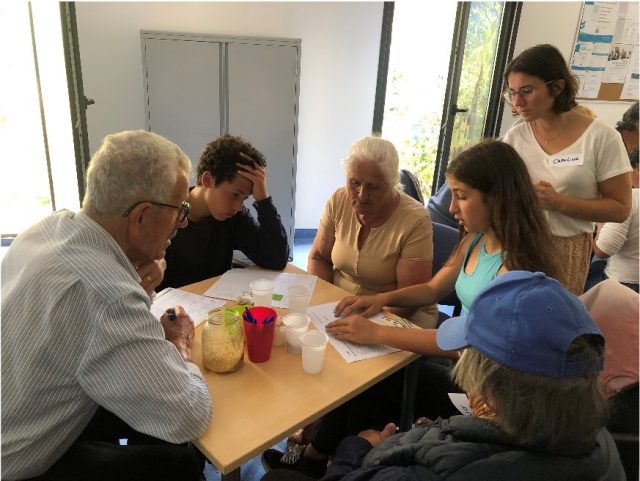

The Territorial Valorisation Network is a municipal public policy in Cascais that strengthens democratic planning in critical urban areas through structured citizen participation and collaborative problem-solving.
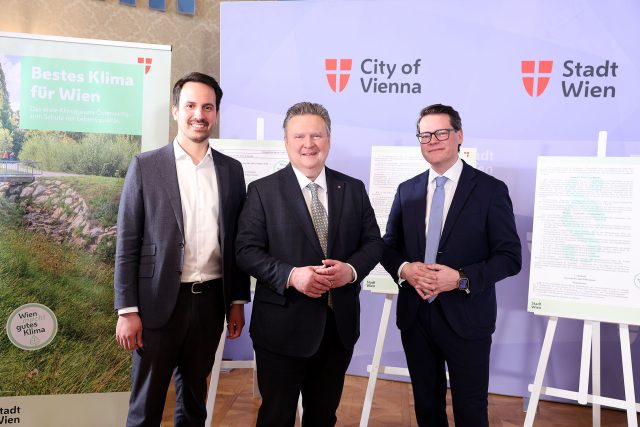
Vienna’s Climate Law sets a binding framework to guide the city’s climate neutrality efforts by 2040, implementing practical measures, climate impact assessments, and community engagement to ensure effective climate action.
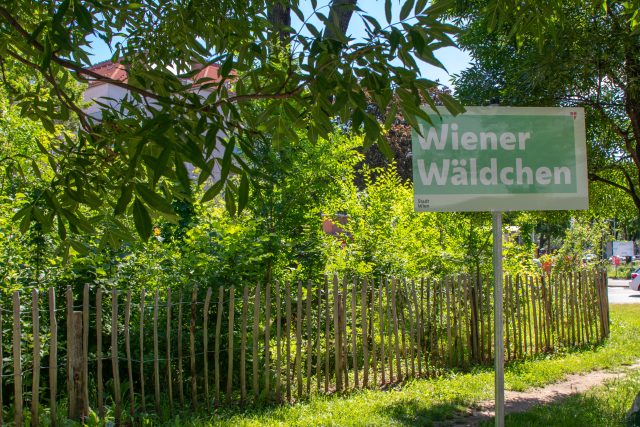
Vienna’s Wiener Wäldchen initiative introduces dense, fast-growing mini-forests to mitigate urban heat, improve air quality, and enhance green spaces citywide.
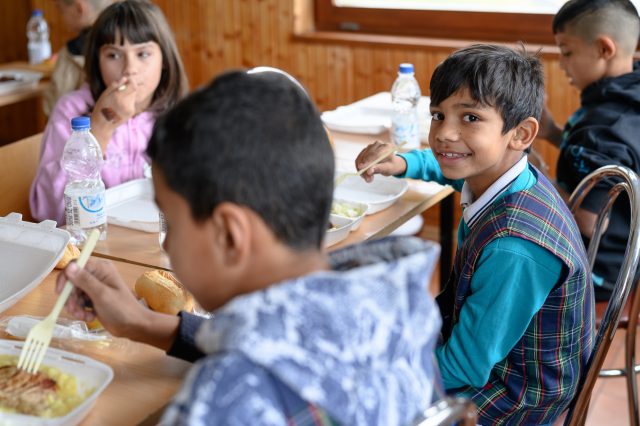
The Day Care Center Model in Odobești tackles child poverty and educational inequality in rural Romania by combining tailored support services with community and political engagement.
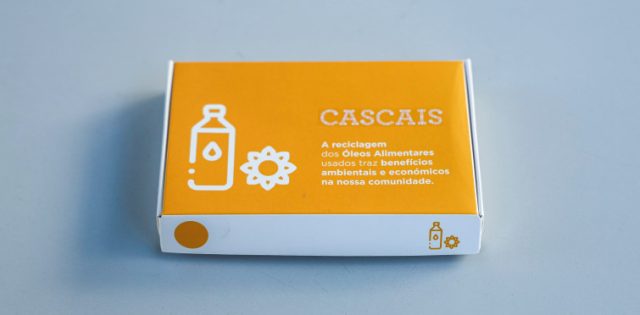
Cascais’ Circular Economy Model leverages smart technology and community engagement to transform used cooking oil disposal, advancing circular economy principles and environmental sustainability.

Cascais’ Just Energy Transition Fund for Families provides financial support, technical assistance, and community engagement to help low- and middle-income households reduce energy costs, improve comfort, and adopt sustainable energy solutions.

e-IDDEEA is a mobile app that enhances access to government services and enables secure remote digital signing for citizens in Bosnia and Herzegovina.
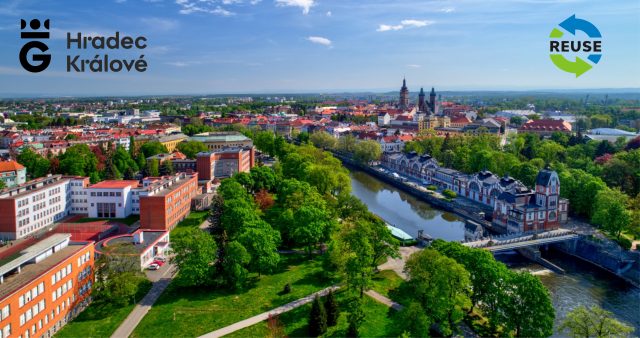
The RE-USE charity shop in Hradec Králové reduces waste by selling refurbished items and uses the proceeds to fund urban greenery projects.
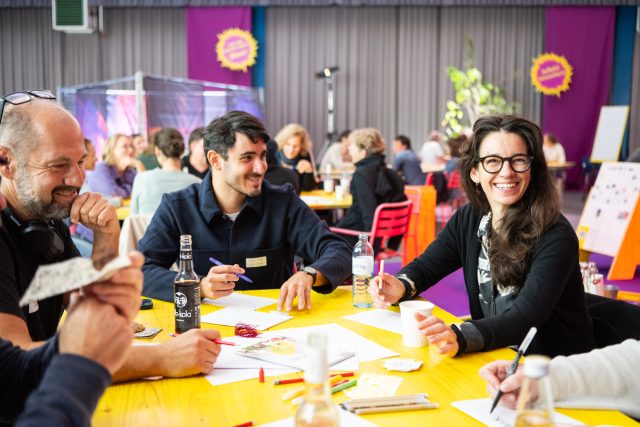
The Office for Participation and Empowerment is a key institution of the City of Vienna dedicated to advancing participation and democracy by fostering co-creation and inclusive collaboration.
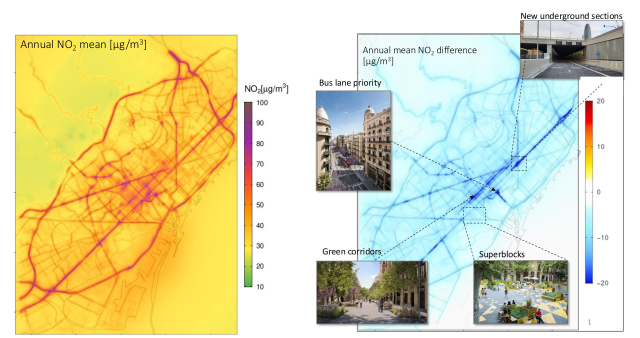
The VITALISE project develops advanced, high-resolution models that evaluate how traffic management policies affect air quality and public health in Barcelona, supporting data-driven urban planning and pollution reduction.
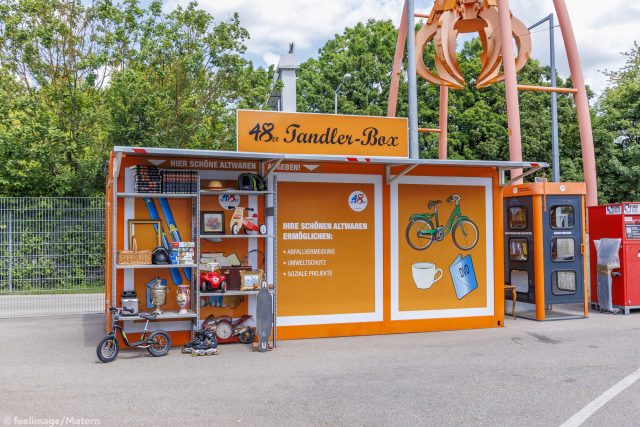
The 48er-Tandler is a modern reuse shop initiative by the City of Vienna, promoting circular economy principles and waste prevention while making reuse attractive and accessible to a broad audience.
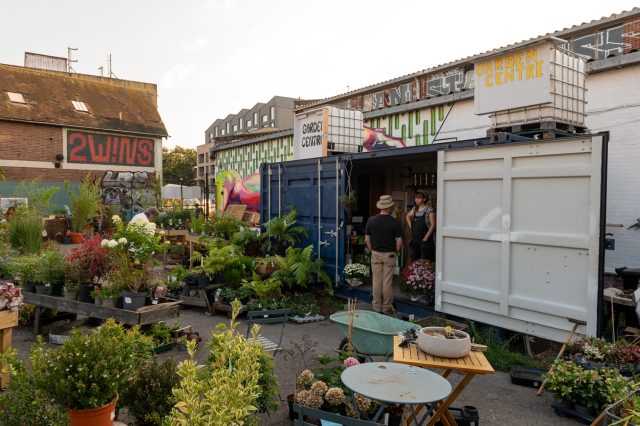
The Loop is a circular economy hub in Hackney Wick, East London, that repurposes an underutilised warehouse into space for circular and creative businesses, fostering local economic growth while promoting waste reduction and sustainable practices.
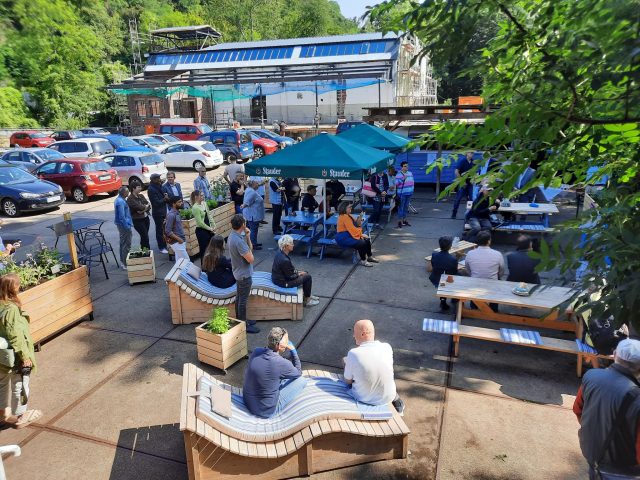
The Schlaraffenband Ruhr is transforming the Ruhr’s cycle paths into vibrant edible landscapes that nourish both body and community.
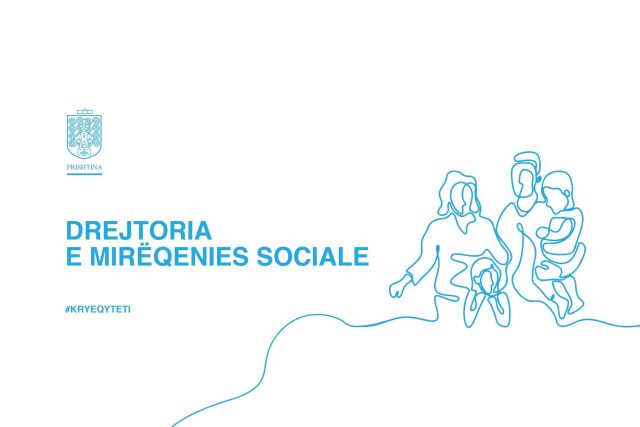
Kosovo’s first municipal financial aid programme for domestic violence survivors tackles economic dependency by providing direct monthly support to promote long-term safety and independence.
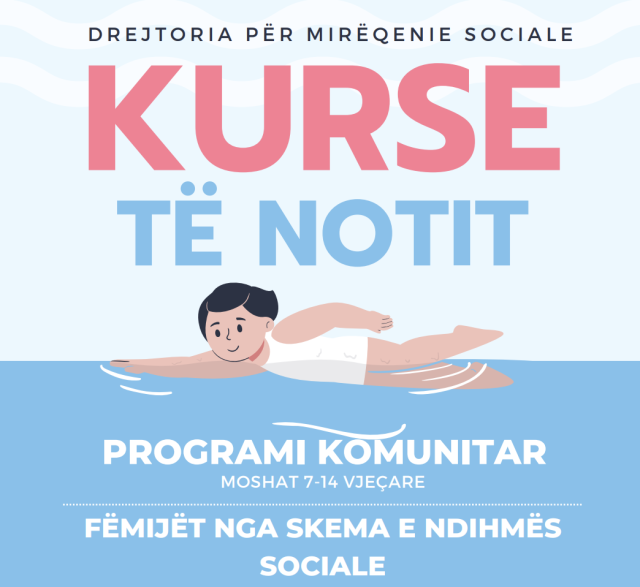
This inclusive swimming programme in Kosovo offers children from low-income families and those with disabilities equal access to recreation, empowerment, and community integration.

In Laeken, residents are taking the lead in deciding how public funds are spent to shape their own neighborhood.
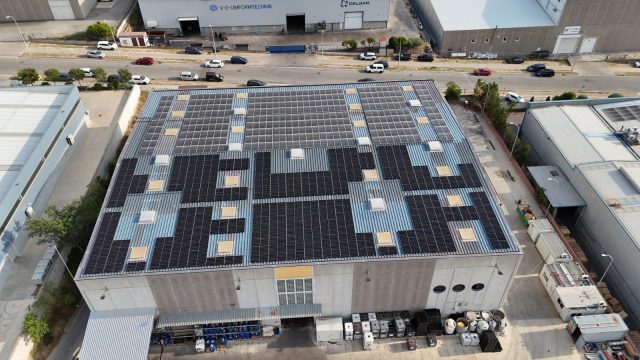
Manresa Il·lumina Business Energy Community brings together companies in the Bufalvent industrial estate to implement a collaborative solar energy model, promoting local generation, reducing costs, and enhancing business resilience.
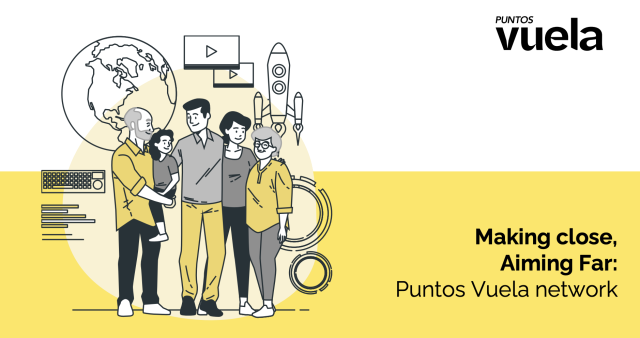
The Puntos Vuela network bridges the digital divide in rural Andalusia, empowering communities with free digital skills training and access to technology for social and economic development.
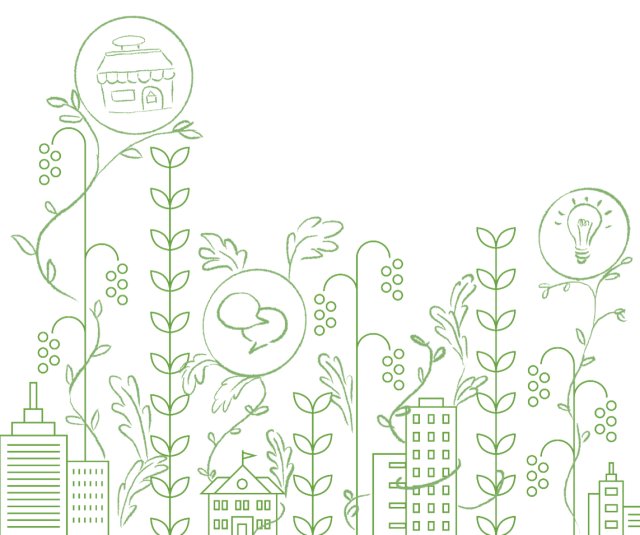
Salford bridges health and economy to empower communities and tackle inequality through innovative social enterprise.
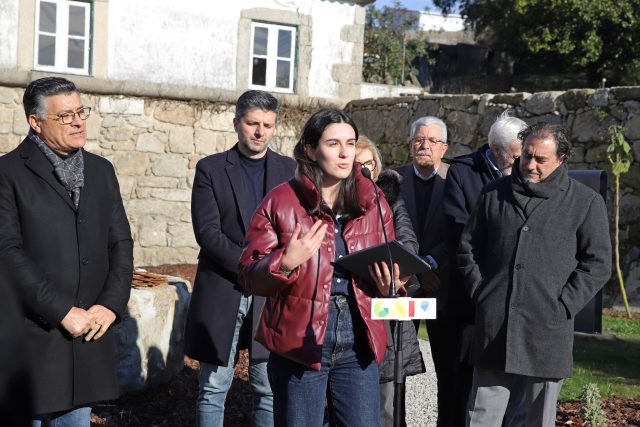
GPB + Youth is a participatory democracy mechanism with a deliberative nature, giving young people in Gaia – aged 13 to 30 – the power to decide how municipal public funds should be invested.